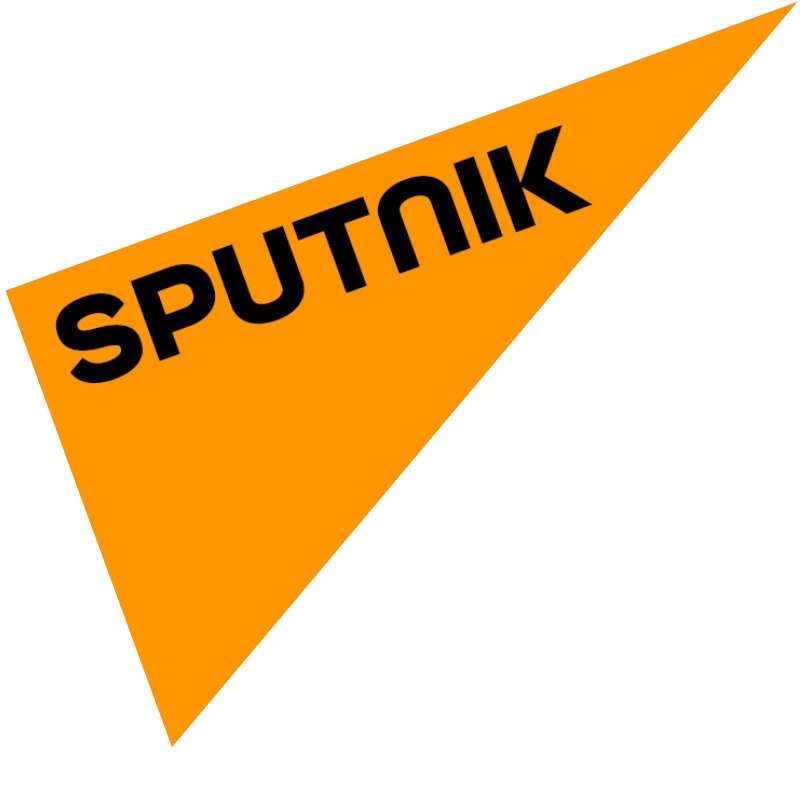Who's Who in the Russian Presidential Election
Eight candidates, including incumbent President Vladimir Putin, will take part in the race for the country's top job on March 18.
Sputnik invites you to meet the candidates, and read about their records in public service, electoral platforms, and major foreign and domestic policy positions.
Sputnik invites you to meet the candidates, and read about their records in public service, electoral platforms, and major foreign and domestic policy positions.
Pavel Grudinin
57 years old
Communist Party of the Russian Federation
57 years old
Communist Party of the Russian Federation
Pavel Grudinin, long-time director of the Lenin State Farm outside Moscow, surprised many observers after displacing veteran Russian Communist Party leader Gennady Zyuganov as the party's candidate following informal primaries organized in late 2017.
Grudinin served several terms as a legislator in the Moscow regional Duma between 1997 to 2011. The businessman is a former member of Russia's ruling United Russia party, joining in 2007 and leaving in 2010. In his own words, Grudinin was forced to make a choice – "to give up on my principles or my party card," and chose the second.
Grudinin served several terms as a legislator in the Moscow regional Duma between 1997 to 2011. The businessman is a former member of Russia's ruling United Russia party, joining in 2007 and leaving in 2010. In his own words, Grudinin was forced to make a choice – "to give up on my principles or my party card," and chose the second.
Grudinin was announced as a candidate for presidency by the Communist Party while he was not a card-carrying member of the party; however, on February 19, 2018 he received his party membership card.
His 20 point program devotes considerable attention to economic issues and "the need to improve the lives of ordinary Russians."
His 20 point program devotes considerable attention to economic issues and "the need to improve the lives of ordinary Russians."
Grudinin promises to take Russia out of the World Trade Organization, and to nationalize key strategic resources and industries, the power grid, railways, communications, and key banks, while providing support and tax relief for entrepreneurs and small businesses. He has also pointed to the methods used in the Gulf countries to force Russia's economic elite to return their wealth to Russia and put it to work developing the country's economy. On foreign policy, Grudinin says Russia needs to have a "core idea" around which others countries could unite, and that for the country to be truly respected in the world, it needs to build up its economic strength.
Vladimir Zhirinovsky
71 years old
Liberal Democratic Party of Russia
71 years old
Liberal Democratic Party of Russia
A mainstay of Russian politics since the early 1990s, Vladimir Zhirinovsky is one of the most flamboyant candidates in the 2018 campaign. Often described as the "Russian Donald Trump", Zhirinovsky is known for his controversial off the cuff remarks and antics.
This is the candidate's sixth time running for the Russian presidency. Zhirinovsky's program envisions "recovering Central Asia, the Caucasus, Ukraine and Belarus," and reburying all the communist-era leaders currently buried at the Kremlin Wall in Moscow. The candidate has also called for the creation of a "new Soviet Union," possibly including Iran and Turkey.
This is the candidate's sixth time running for the Russian presidency. Zhirinovsky's program envisions "recovering Central Asia, the Caucasus, Ukraine and Belarus," and reburying all the communist-era leaders currently buried at the Kremlin Wall in Moscow. The candidate has also called for the creation of a "new Soviet Union," possibly including Iran and Turkey.
In domestic policy, Zhirinovsky wants to grant ethnic Russians special 'state-forming nation' status, and fight for citizens' rights against "the stranglehold of migrants." The candidate promises to carry out a full-scale reindustrialization, to write off the utility debts of the underprivileged, and to "strike at corruption." Support for small businesses, tax exemptions for industry and science, and the development of Siberia and the Far East are also on the candidate's agenda.
Sergei Baburin
59 years old
Russian All-People's Union
59 years old
Russian All-People's Union
Sergei Baburin was one of the few members of the Russian Supreme Soviet who voted against dissolving the USSR in 1991, and remained a fierce critic of Boris Yeltsin throughout the 1990s, including during the 1993 constitutional crisis.
Domestically, Baburin calls for constitutional reforms aimed at strengthening the presidential and parliamentary branches of power. On the economic front, his program focuses on supporting the cooperative movement. On social and welfare policy Baburin proposes taking the best elements from the Soviet experience. Baburin's foreign policy proposals focus on enhancing Russia's geopolitical positions in Eurasia. To this end, the candidate believes that Russia's legislature should take measures to strengthen Moscow's role in the Shanghai Cooperation Organization and the BRICS group of nations.
Domestically, Baburin calls for constitutional reforms aimed at strengthening the presidential and parliamentary branches of power. On the economic front, his program focuses on supporting the cooperative movement. On social and welfare policy Baburin proposes taking the best elements from the Soviet experience. Baburin's foreign policy proposals focus on enhancing Russia's geopolitical positions in Eurasia. To this end, the candidate believes that Russia's legislature should take measures to strengthen Moscow's role in the Shanghai Cooperation Organization and the BRICS group of nations.
Vladimir Putin
65 years old
Independent
65 years old
Independent
Vladimir Putin, Russia's current president, announced his intention to run in the 2018 election at a meeting with workers of the GAZ automotive plant in Nizhny Novgorod in December. Putin is running as an independent, although the United Russia Party said it would back his candidacy. According to a poll by the Public Opinion Foundation from February 22, 66.5% of Russians currently plan to vote for Putin.
The Russian president entered high politics in 1999, first as deputy prime minister, than as acting prime minister, and then as President Boris Yeltsin's successor, after the latter retired on December 31, 1999. Putin went on to win presidential elections in 2000, 2004, and 2012, and served as prime minister from 2008-2012.
Starting with his first term in office, Putin oversaw major tax, banking, land, and pension reforms, as well as reforms in housing and utilities, and labor relations. Putin has been credited with preserving Russia's territorial integrity and strengthening its statehood, and his tenure been accompanied by economic recovery from the catastrophe of the 1990s.
The maturation of Putin's contemporary foreign policy is often dated to 2007 when, in a speech at the Munich Security Conference, the president criticized US foreign policy and the idea of a unipolar world. Putin said that a "world in which there is one master, one sovereign" was impossible, and that attempts to create such a world were undemocratic, and could only lead to disaster.
Starting with his first term in office, Putin oversaw major tax, banking, land, and pension reforms, as well as reforms in housing and utilities, and labor relations. Putin has been credited with preserving Russia's territorial integrity and strengthening its statehood, and his tenure been accompanied by economic recovery from the catastrophe of the 1990s.
The maturation of Putin's contemporary foreign policy is often dated to 2007 when, in a speech at the Munich Security Conference, the president criticized US foreign policy and the idea of a unipolar world. Putin said that a "world in which there is one master, one sovereign" was impossible, and that attempts to create such a world were undemocratic, and could only lead to disaster.
Ksenia Sobchak
36 years old
Civic Initiative
36 years old
Civic Initiative
The editor-in-chief of L'Officiel Russia, a Russian fashion magazine, and presenter on the Dozhd television channel, Ksenia Sobchak is the only female candidate in this year's presidential election. A graduate of the Moscow State Institute of International Relations, Sobchak is the daughter of Vladimir Putin's mentor and former St. Petersburg Mayor Anatoly Sobchak (1937-2000).
Her program, '123 Difficult Steps,' characterizes the immutability of power as one of Russia's most significant problems, which generates "corruption, and, as a consequence, the unfair distribution of the public good, the slowdown of technical and social progress, international isolation and economic crisis."
Billing herself as the "candidate against all," Sobchak does not believe that NATO poses a threat to Russia, has said that Moscow would benefit from a strong European Union, and has argued that Moscow and the West should focus on working together on common challenges, such as the fight against terrorism and illegal immigration. The candidate envisions Russia signing an association agreement with the EU some day.
Billing herself as the "candidate against all," Sobchak does not believe that NATO poses a threat to Russia, has said that Moscow would benefit from a strong European Union, and has argued that Moscow and the West should focus on working together on common challenges, such as the fight against terrorism and illegal immigration. The candidate envisions Russia signing an association agreement with the EU some day.
Sobchak's program calls for a reform of Russia's judicial system and the country's transition from a presidential republic to a parliamentary republic, as well as the privatization of large state companies.
On the Crimea issue, Sobchak has broken ranks with the sentiments expressed by many Russian liberals, and said that Crimea's unconditional return to Ukraine would be impossible because the peninsula is home to Russians who want to be part of Russia. At the same time, the candidate does not believe the issue is resolved, and has called for holding a new referendum on the peninsula regarding its status.
On the Crimea issue, Sobchak has broken ranks with the sentiments expressed by many Russian liberals, and said that Crimea's unconditional return to Ukraine would be impossible because the peninsula is home to Russians who want to be part of Russia. At the same time, the candidate does not believe the issue is resolved, and has called for holding a new referendum on the peninsula regarding its status.
Boris Titov
57 years old
Party of Growth
57 years old
Party of Growth
Boris Titov, presidential business ombudsman, has focused his program on a new strategy for economic growth developed by the Stolypin Club, an organization of major Russian economists and businessmen. Describing himself as a "right-wing liberal," Titov considers the development of business to be the key to Russia's economic development, a healthy treasury, and a strong ruble.
Titov's foreign policy ideas are also largely focused on economics, and include strengthening Russia's position in international trade, and dealing with the sanctions issue.
Titov's foreign policy ideas are also largely focused on economics, and include strengthening Russia's position in international trade, and dealing with the sanctions issue.
Grigory Yavlinsky
65 years old
Yabloko
65 years old
Yabloko
Another veteran of Russian politics, economist Grigory Yavlinsky first entered politics in the early 1990s with his famous proposals to transition the Soviet Union into a free market economy. Founder of Yabloko, a Russian social-liberal party, Yavlinsky is running as the party's candidate for president for the fourth time.
Yavlinsky's electoral strategy calls for the overcoming what he calls "hidden Stalinism" and a kind of "wild capitalism bordering on feudalism." His main stated goal is to turn Russia into Europe's strongest economy. According to his program, this requires respect for private property on the part of the state, limits to the concentration of wealth in the hands of the few, and coordination of any major economic changes with the interests of business. Yavlinsky's program also proposes a state program to fight poverty by opening personal savings accounts for citizens which would be topped up by dividends from the shares of large enterprises.
On foreign policy, Yavlinsky's main focus is developing friendly relations with the former Soviet republics, and rapprochement with Western Europe and the United States. Like Sobchak, Yavlinsky favors another referendum in Crimea, as well as a conference with the UN and Ukraine to determine the peninsula's status.
Yavlinsky's electoral strategy calls for the overcoming what he calls "hidden Stalinism" and a kind of "wild capitalism bordering on feudalism." His main stated goal is to turn Russia into Europe's strongest economy. According to his program, this requires respect for private property on the part of the state, limits to the concentration of wealth in the hands of the few, and coordination of any major economic changes with the interests of business. Yavlinsky's program also proposes a state program to fight poverty by opening personal savings accounts for citizens which would be topped up by dividends from the shares of large enterprises.
On foreign policy, Yavlinsky's main focus is developing friendly relations with the former Soviet republics, and rapprochement with Western Europe and the United States. Like Sobchak, Yavlinsky favors another referendum in Crimea, as well as a conference with the UN and Ukraine to determine the peninsula's status.
Maxim Suraykin
39 years old
Communists of Russia
39 years old
Communists of Russia
Maxim Suraykin and the Communists of Russia party see themselves as the rivals to the Communist Party of the Russian Federation on the left flank of the political spectrum, criticizing the latter for being insufficiently orthodox leftist. The Communist Party considers Suraykin to be a spoiler candidate.
Suraykin's program, dubbed 'Ten Stalinist Blows Against Capitalism', calls for the restoration of a Soviet-style socialist economy, nationalization of the banking sector, transport, industry and energy. It also proposes a state monopoly on the manufacture and sale of alcohol and tobacco. The program pays particular attention to the fight against corruption, and calls for the confiscation of all illegally acquired wealth and the reestablishment of the Soviet-era committees of public control over the financial flows of enterprises. In foreign policy, Suraykin has called for "upholding the interests of the working people," and has spoken of a need to restore a "defensive alliance of anti-imperialist states on the model of the Warsaw Pact."
Suraykin's program, dubbed 'Ten Stalinist Blows Against Capitalism', calls for the restoration of a Soviet-style socialist economy, nationalization of the banking sector, transport, industry and energy. It also proposes a state monopoly on the manufacture and sale of alcohol and tobacco. The program pays particular attention to the fight against corruption, and calls for the confiscation of all illegally acquired wealth and the reestablishment of the Soviet-era committees of public control over the financial flows of enterprises. In foreign policy, Suraykin has called for "upholding the interests of the working people," and has spoken of a need to restore a "defensive alliance of anti-imperialist states on the model of the Warsaw Pact."
